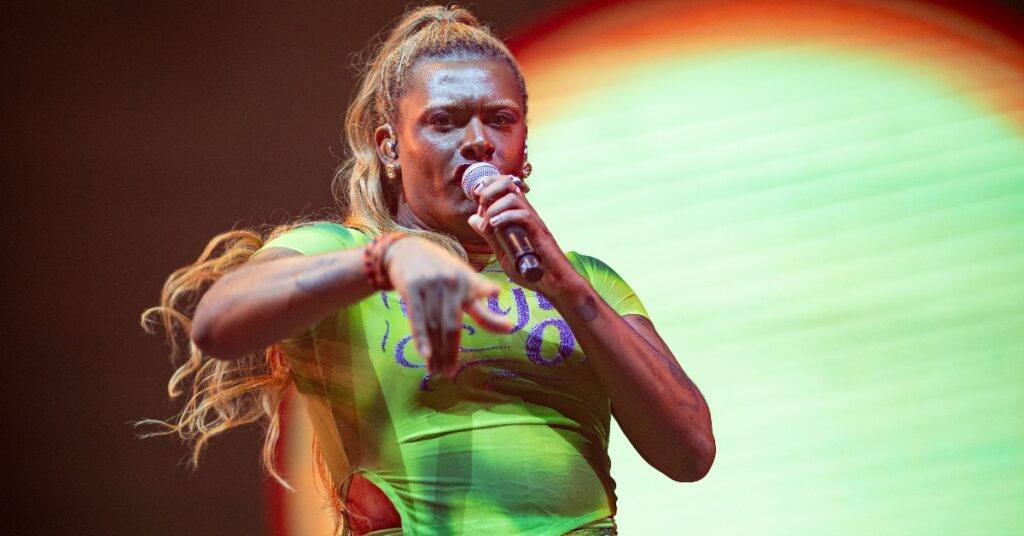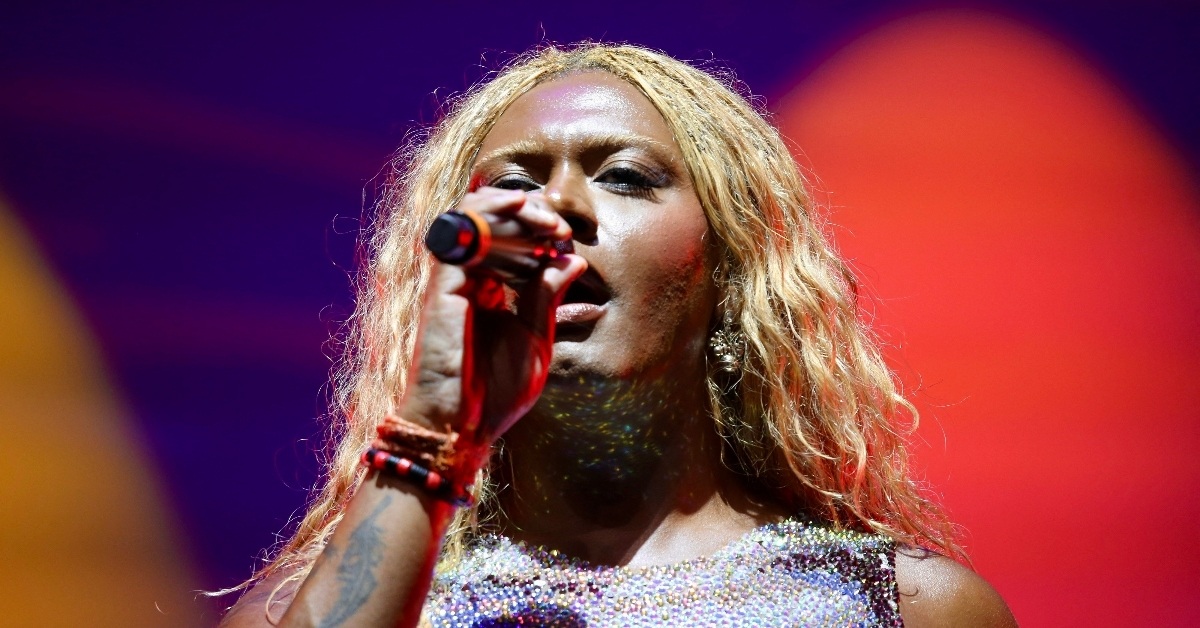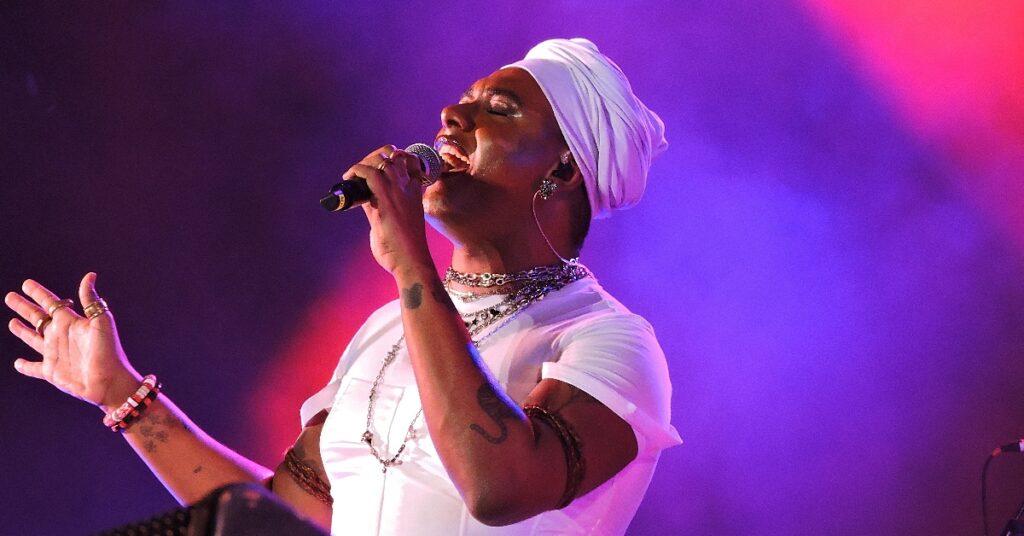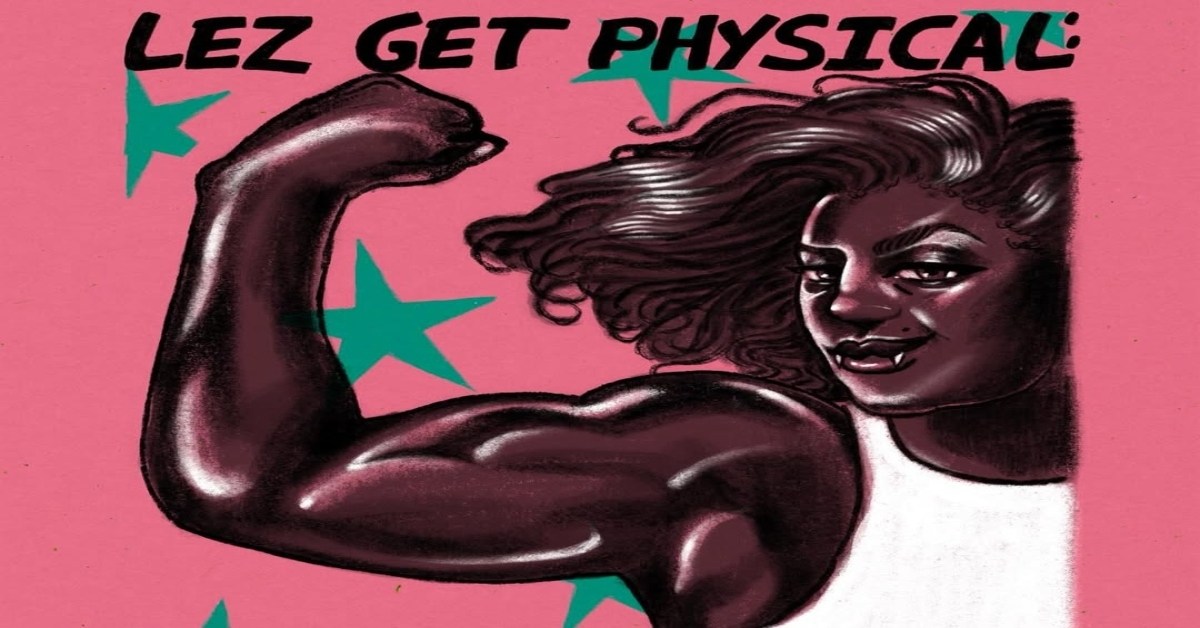BY: DM
Published 2 months ago

Singer Liniker Carvalho is making history once again. The Latin star first rose to prominence as the frontwoman of the Brazilian soul and blues band Liniker e os Caramelows. With the Caramelows, she earned her first Latin Grammy nomination in 2019 for the album “Goela Abaixo.” After the group split, Liniker launched her solo career and released “Indigo Borboleta Anil” in 2021.
Liniker publicly came out as a transgender woman in 2017 after previously describing her gender as fluid. Upon accepting her Latin Grammy, she told the crowd, “I am a Brazilian singer, songwriter, actress… It is the first time that a transgender artist wins a Grammy,” according to GCN.
She later gushed over the achievement on X, writing, “What a giant, important and significant space the record of my dreams reached… This award is the result of a lot of dedication, work, and a wonderful team… I’m immensely happy!”
Now, Liniker is writing a new chapter in her groundbreaking career. Here’s a look at the milestone she is achieving for the Latin LGBTQIA+ community.
Liniker has earned seven 2025 Latin Grammy nominations.

At the 2025 Latin Grammy Awards, she earned seven nominations — making her one of the year’s most celebrated artists. For the first time, she broke into the “Big Four” general categories, scoring nods for Album of the Year with Caju, Record of the Year for Ao Teu Lado, and Song of the Year. She also received nominations in additional categories, extending her reach beyond Brazil’s MPB scene.
Liniker’s achievements are signs of a growing wave of LGBTQIA+ representation at the Latin Grammys. Puerto Rican star Kany García, who is openly lesbian, has won seven awards. Mexican singer Joy Huerta, half of Jesse & Joy, has won six. Icons like Ricky Martin, Anitta, and Kali Uchis have also been recognized, along with Brazilian funk innovator Ludmilla, Chilean powerhouse Mon Laferte, Dominican nonbinary artist Rita Indiana, and Venezuelan trans producer Arca.
Brazil has a growing LGBTQIA+ population.

Liniker’s success carries major weight as Brazil’s LGBTQIA+ population continues to grow. Official statistics and independent studies offer different pictures of the number of people who identify as LGBTQIA+, and both remain valid in their own contexts.
The government’s conservative baseline comes from the Brazilian Institute of Geography and Statistics (IBGE). The 2019 National Health Survey (PNS), released in 2022, reported about 2.9 million adults — roughly 1.8% of Brazilians 18 and older — identified as homosexual or bisexual. The PNS labeled the estimate experimental and noted key limitations: about 3.6 million people declined to answer the sexual-orientation question, and that survey cycle did not collect gender-identity data.
Independent and academic surveys return much larger figures using broader definitions or different methods. According to Little Black Book, a widely publicized Pride Research collaboration between Havaianas and DataFolha in 2022 found 9.3% of Brazilians aged 16 and over identify as LGBTQIA+. The study translated that percentage into roughly 15.5 million people.
What other LGBTQIA+ artists do you hope to see represented at future Latin Grammys? Comment below!










